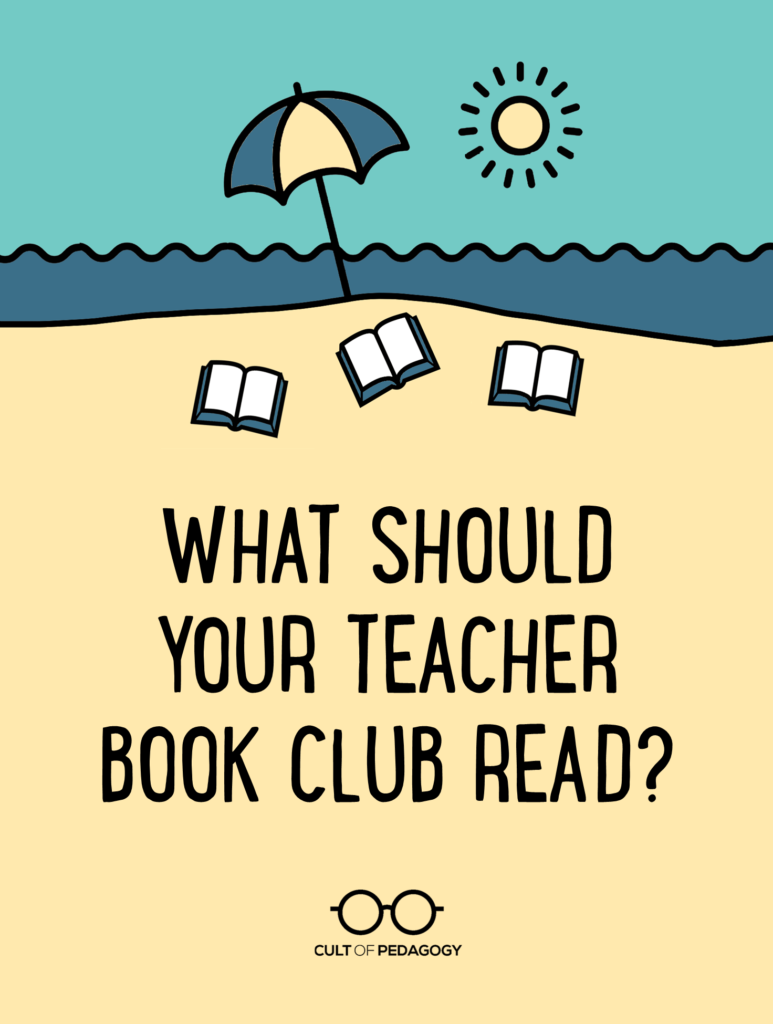
This post contains Amazon Affiliate links. When you make a purchase through these links, Cult of Pedagogy gets a small percentage of the sale at no extra cost to you.
When people talk about teachers having summers off, most teachers laugh. You know that although summer gives you more unscheduled time to travel, rest, and spend time with family, you also use a big chunk of that time preparing for the next school year. That includes learning new methods, improving your tech skills, attending conferences and other professional development events, and lots and lots of reading.
But what should you read? And what are the best ways to get the reading done? I’ve pulled together some great titles to consider, along with some advice for how to choose the one that’s right for you. If you’re doing this with a group, I also have suggestions for making that work well.
Start with Your Goals
This list is organized by goals—specific teaching-related interests you may have, problems you might want to solve, or stuff you’ve always wanted to get better at. I’m organizing them this way because there are so many education books out there—choosing books can be overwhelming. It’s easier to narrow it down and prioritize if you start by thinking about what your goals are. Try my Gut-Level Teacher Reflection exercise to pinpoint your most pressing needs, or just browse the goals below.
Suggestions for Book Club Success
If you just want to get together, drink wine, eat mini-quiches, and laugh about why you didn’t actually read the book, that’s fine. I’ve been in plenty of book clubs like that, and made some life-long friends as a result. But if you’re committed to actually improving your teaching with this book study, here are a couple of strategies that will help you get more out of it.
- Divide and Conquer: For many of the goals listed below, I am suggesting more than one book. You may not be able to read them all, so try this: Choose one book that the whole group will read together. Then, with the remaining books, have smaller groups form to read those and report their key take-aways to the group. If you only want to add one extra book, assign different chapters to different people. This way everyone has a central text to anchor their thinking and establish a common vocabulary, but the whole group can benefit from the wisdom in other texts.
- Set a Schedule: To keep everyone on track, set deadlines when chapters or sections will be read, and when you’ll talk about them. Even if people end up not sticking to the schedule, just having one should prompt more people to actually read.
- Summarize/Question/Apply: Consider structuring your meetings around three main parts: (1) Invite someone to summarize the reading in their own words. This will get everyone on the same page and will help those who aren’t caught up on the reading to get familiar with the big ideas. (2) Move into a discussion phase, which can be built on questions contributed by group members. (3) Finally, get every group member to talk about how they can apply the ideas to their own practice.
- Use Voxer: Getting together in person is important, but if it’s not possible or you can’t meet as often as you’d like, try starting a discussion group on the Voxer app. It allows you to talk in a group through voice messages and is fantastic for keeping up a long conversation that everyone can participate in whenever they have time. If you want to see how it works, watch me demonstrate it in this video.
The Books
I have read and reviewed many of these books on this site—if a review or author interview exists for any of these book on Cult of Pedagogy, I will indicate that under the book cover. Others on this list I have not read personally, but they come highly recommended by others.
Clicking on the book cover will take you to its page on Amazon. Links are set to open in the same window; to open in a new window, just right-click on the link, or use command-click on a Mac.
Goal: Get Better at Differentiation
Blog posts to pair with this book:
Self-Paced Learning: How one Teacher Does It
Using Playlists to Differentiate Instruction
A Starter Kit for Differentiated Instruction
4 Ways Microsoft is Making Learning More Accessible
Goal: Start Using Restorative Practices
Blog post to pair with these books:
Restorative Justice in School: An Overview
Goal: Feel Stronger and Happier as a Teacher
Goal: Build Your Cultural Competence
Blog Posts to Pair with These Books:
Four Ways Teachers Can Support Students of Color
How We Pronounce Student Names, and Why it Matters
12 Ways to Support English Learners in the Mainstream Classroom
Goal: Improve the Way You Communicate with Students
Goal: Teach Students to Love Reading
Blog Post to Pair with These Books:
How to Stop Killing the Love of Reading
Goal: Revamp those Yucky PowerPoints (or Google Slides)
Goal: A Kinder, More Compassionate School
Goal: Give Your Math Instruction an Upgrade
Goal: Make Your Teaching More Creative
What do you recommend?
I’m sure I have missed a lot of great books here, so let’s keep this going. In the comments, let me know what books you would recommend for a teacher book study.
Join my mailing list and get weekly tips, tools, and inspiration that will make your teaching more effective and fun. You’ll get access to our members-only library of free downloads, including 20 Ways to Cut Your Grading Time in Half, the e-booklet that has helped thousands of teachers save time on grading. Over 50,000 teachers have already joined—come on in!

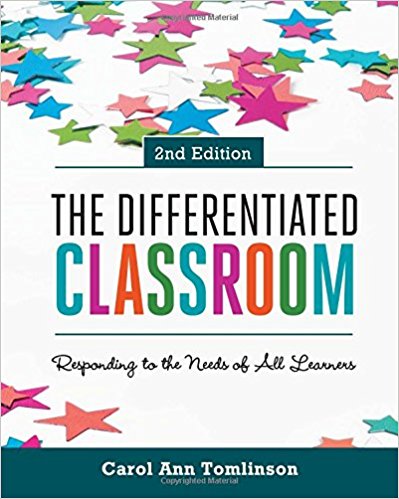
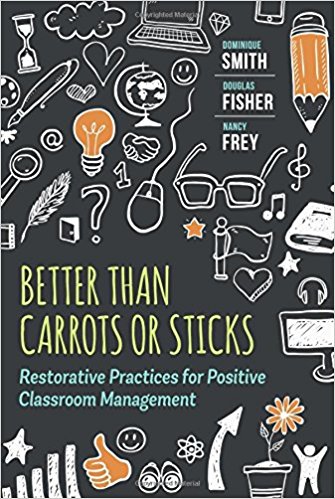
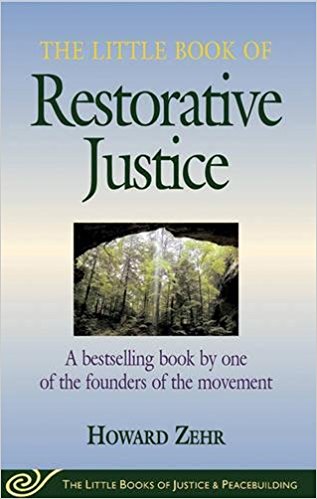
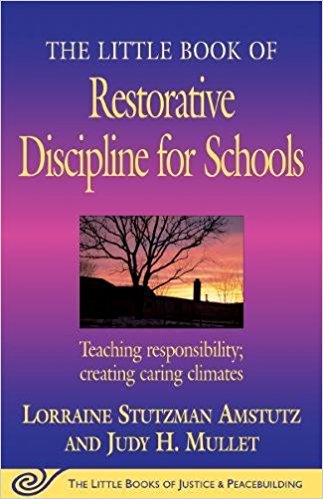
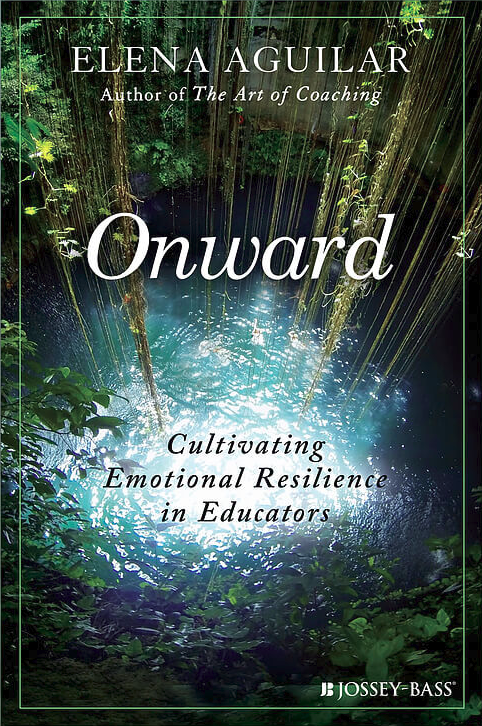
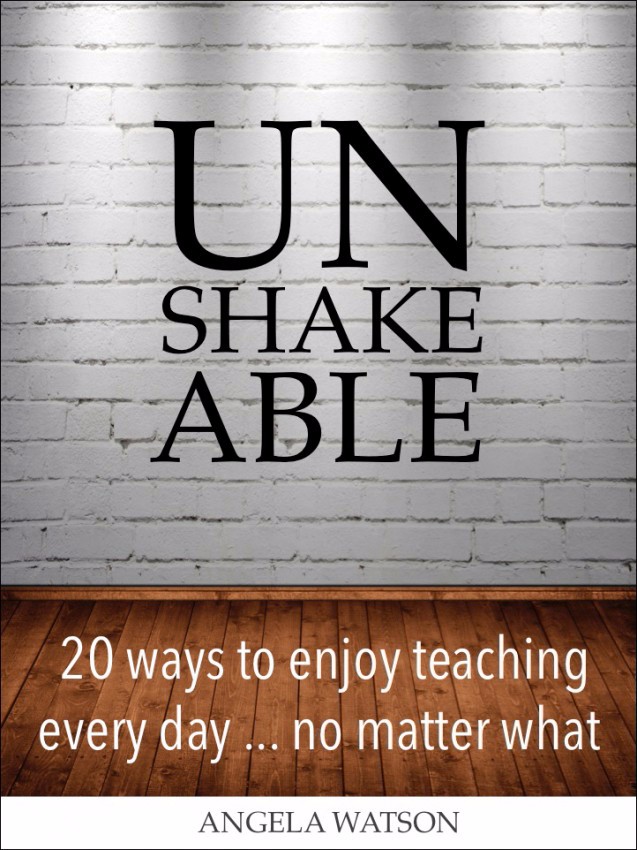
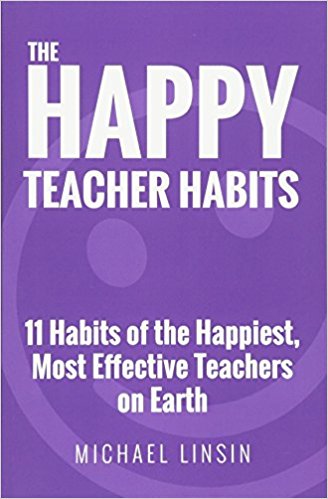
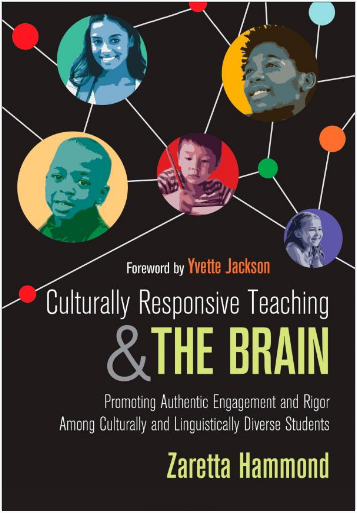
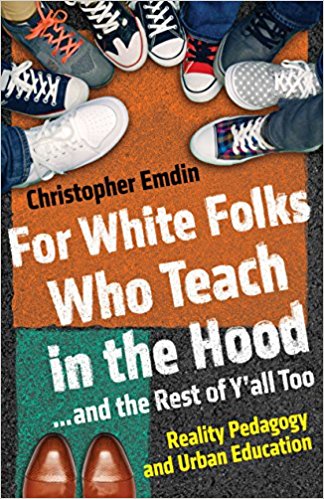
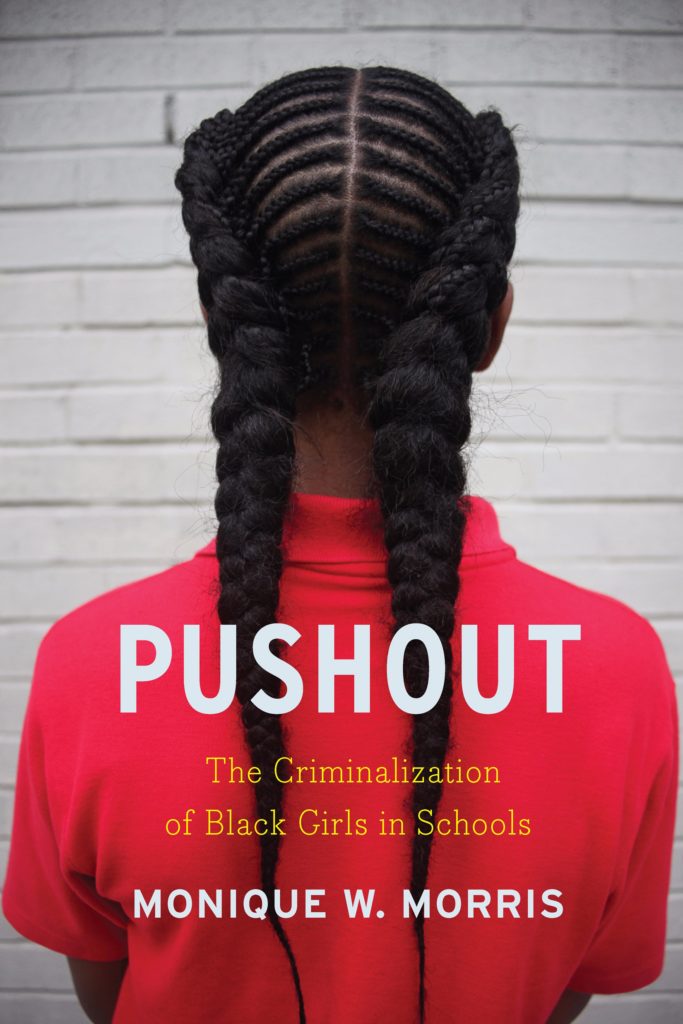
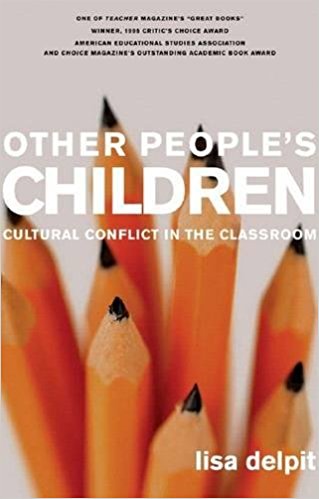

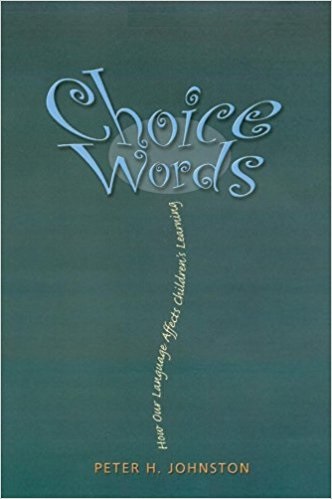
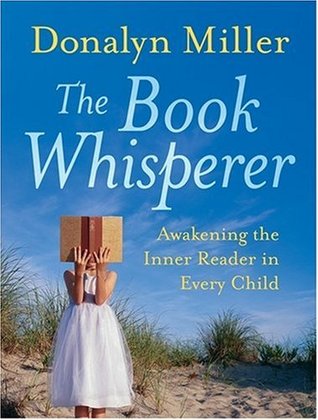
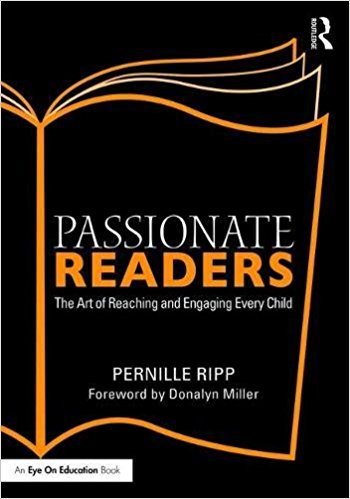
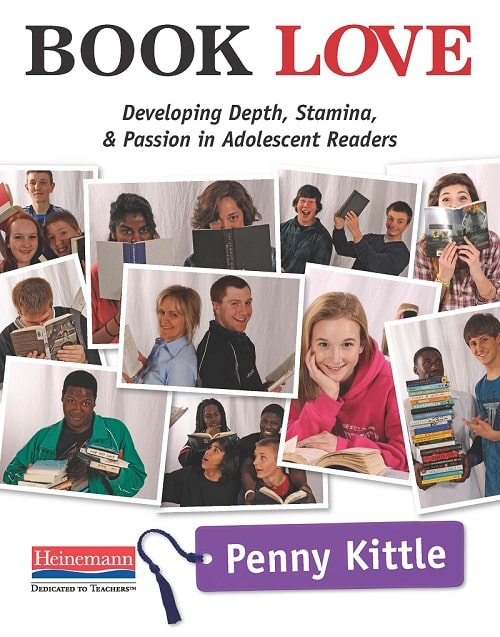
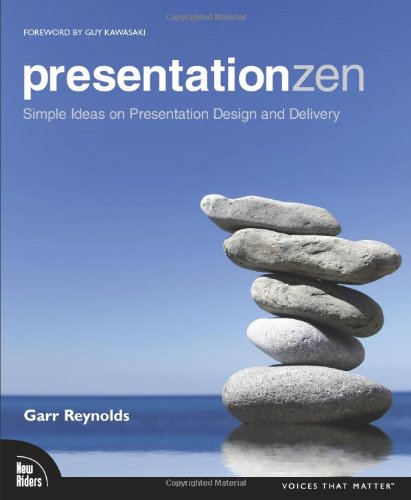
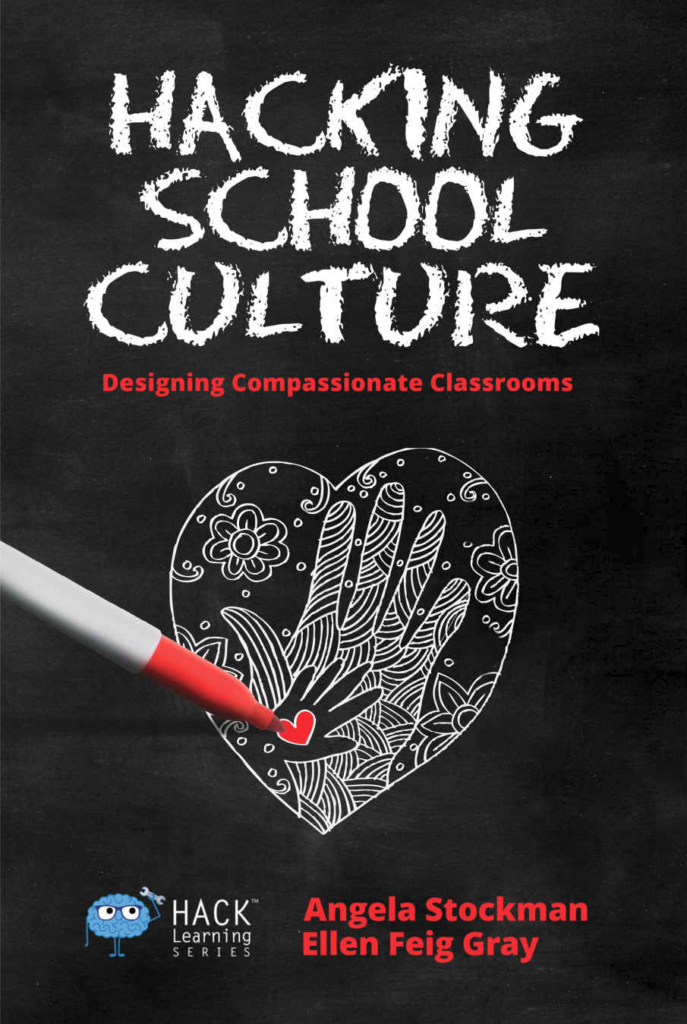
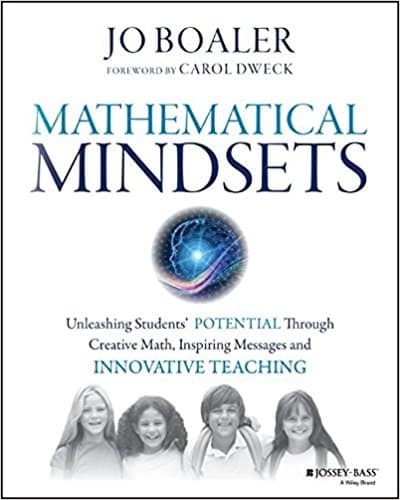
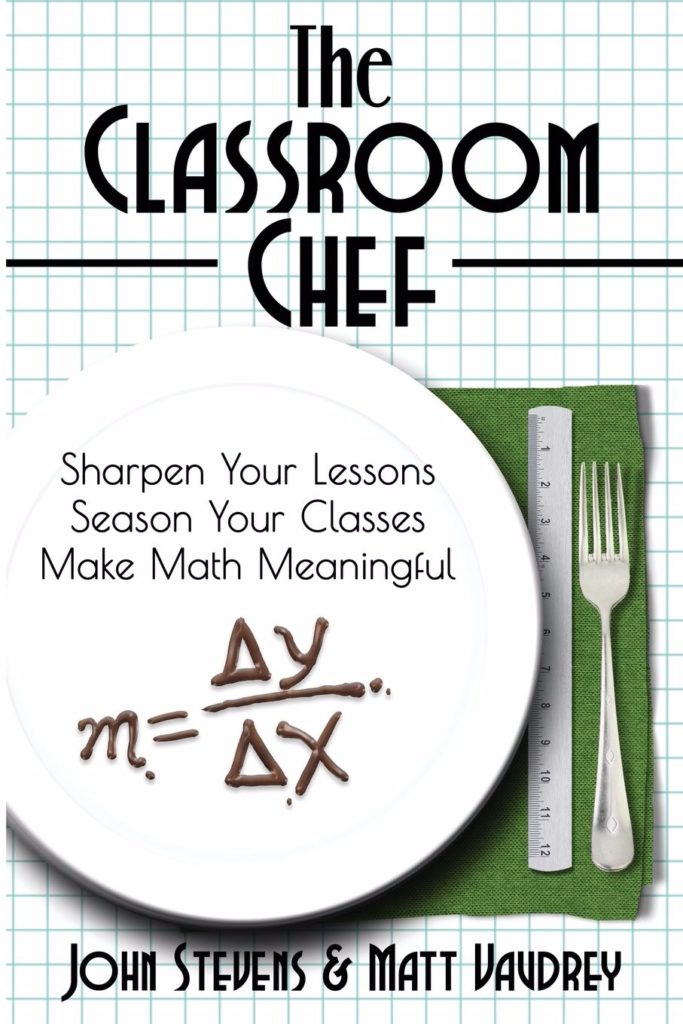
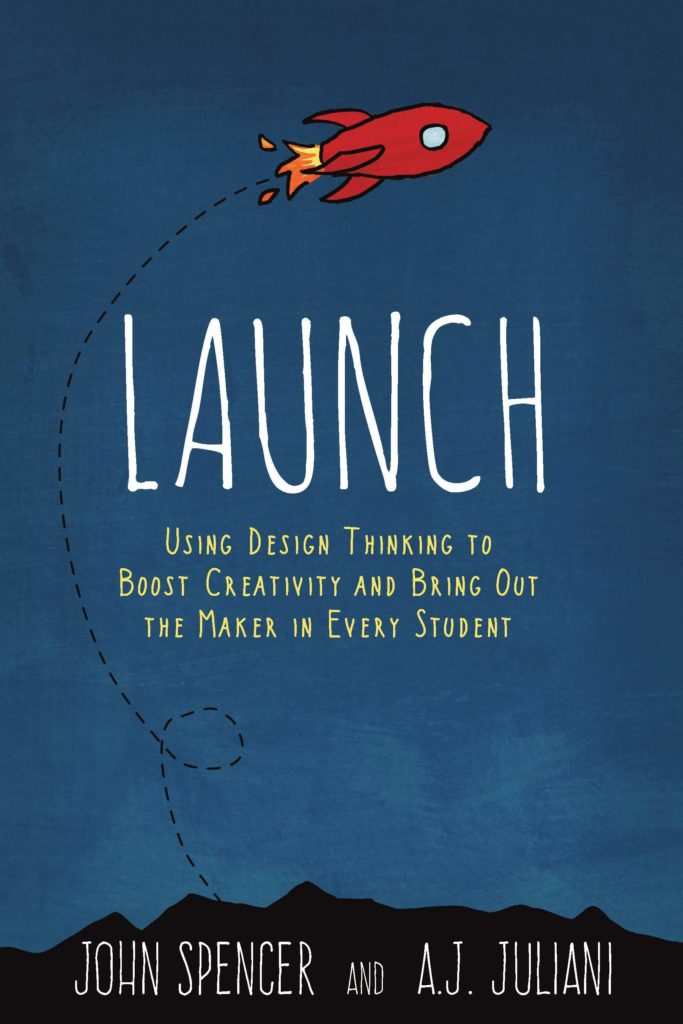
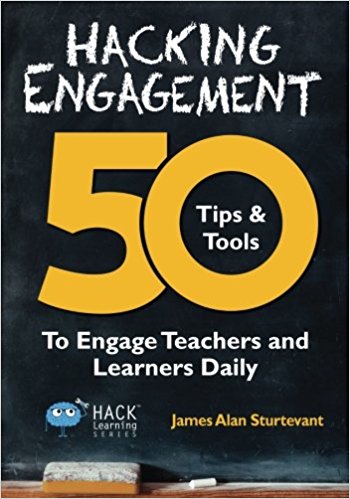

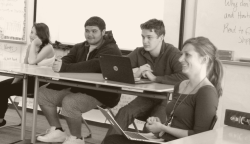
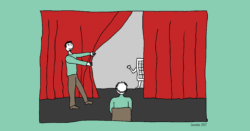
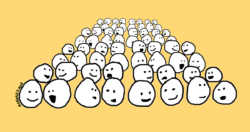
I’m a student teacher and over the last week I’ve been putting together a list of must-read-before-I-teach books, so when I saw this post my first thought was “oh no, I’m going to add even more books to my never ending list”. Happy to say that many of the books you’ve listed are already on my list though! I’ll add a few titles that have caught my eye here, but I might actually get through my list this year (or maybe next year). Great list!
“Teaching with Humor, Compassion and Conviction” Heather Hollis
I wrote this book to help teachers approach their classrooms with joy and humor. It’s designed to help teachers take care of themselves so that they can help their students can develop and grow into kind, passionate, intelligent human beings. https://www.stenhouse.com/content/teaching-humor-compassion-and-conviction
Every teacher wants to use effective practices in the classroom. Visible Learning for Literacy by John Hattie, Douglas Fisher, and Nancy Frey shows the way. Based on Hattie’s research, the authors identify specific instructional methods for maximum impact on student literacy and instruction.
I just finished a book study on this book. It is wonderful!
“Dive Into Inquiry” by Trevor Mackenzie is one I keep coming back to so this summer his new book with Rebecca Bathurst-Hunt “Inquiry Mindset” is top of my list!! It’s really helped me to bring more student ownership into the classroom.
Thanks so much for helping me find some good summer reading for growth.
Steve from Portland, OR who shares your admiration for Cheryl Strayed’s writing.
Ps have you ever run into Gerry the Principal? In Kentucky who posts the amusing Facebook videos?
Make it Stick is a great resource read about how to learn and help others to learn.
Loved this book and have recommended it to everyone in education.
My friend Nat Damon has just written a book called “Time to Teach, Time to Reach: Exploring the Power and Efficacy of Relational Teaching.” It’s made up of multiple teacher interviews and examines aspects of how healthy teacher/student relationships foster more meaningful learning. Check it out!
The Power of Moments by Chip Heath and Dan Heath – a fantastic book that I recently discovered. Though it does not solely discuss education, the concepts can certainly be applied in the classroom and wider school community.
I have read Empower, which was wonderful for mindset shifting if you want to get your wheels turning about student centered learning. I also read and highly recommend Teaching Adolescents to Become Learners. This was an excellent analysis of the research on what works on schools and specifically how that translates into student learning.
I’d have to add The Daily Five as an effective way to teach all areas of reading/writing/speaking/listening that allows students to learn how to master ownership/responsibility for their work as students.
Hi! My book, Illuminate: Technology Enhanced Learning, will be released on May 22nd and provides teachers with practical ways to use technology to enhance and “Illuminate” learning, increase student engagement in their learning, and make learning memorable!
Talk less teaching
An excellent book that provides usable strategies to encourage teachers to talk less and engage students more in their own learning. I’m not a big education book reader (prefer blogs etc from practitioners) but this was inspiring!I read it 5 years ago and have given it as gifts to student teachers I have mentored.
Thanks so much for the list!
Patterns of Power by Jeff Anderson for teaching grammar and conventions in a way that is contextualized and purposeful. For elementary.
Make Just One Change is about increasing the quantity and quality of student questioning. And Partnering with Parents employs the same questioning strategies for parents.
Beyond the Bakesale would be an excellent book discussion for a family engagement committee.
Disrupting Thinking is THE ONE that has had the most impact on teaching reading. It is a part of the Notice and Note books.
Kids 1st From Day 1 is excellent for creating a kid-centered classroom. Most appropriate for primary grades.
Opening Minds by Peter H Johnston
Great list! Thank you for the inspiration. He builds on the power of our language described in “Choice Words” and blends it with concepts of PBIS and Growth Mindset.
I echo the recommendation of “Make it Stick.”
Some books that I have also found helpful:
Reading Reconsidered (Doug Lemov)
Teach Like a Champion (Doug Lemov)
Making Thinking Visible (Ron Ritchhart)
Reading Critically Writing Well (Rise Axelrod)
Writing Analytically (Rosenwasser)
You missed the fabulous Power Up: Making the Shift to 1:1 Teaching and Learning by Diana Neebe and Jen Roberts. While the 1:1 shift has occurred already in many schools and districts, I wonder how many have gotten it right. Diana and Jen’s books is deep both pedagorically and practically. You learn both the Why and the How from this fabulous book published by Stenhouse Publishers (one of my favorites as an English Teacher).
If your site, department, or classroom is diving deeper into the 1:1 technology implementation, grab this book and study it for your summer book PD. Follow the book and get some resources for the study at this website: http://www.pluginpowerup.com/the-book/
I’d suggest Starting a Movement: Building Culture from the Inside Out in Professional Learning Communities by Kenneth C. Williams and Tom Hierck. It is a great read for all teacher leaders and administrators (new and veteran) about why and how building a collective commitment for ALL students should be accomplished.
I absolutely love reading Teaching Outside of the Box: How to Grab Your Students by the Brain by Louanne Johnson. This an excellent read that is actually geared toward secondary educators. It is the most practical and useful teacher handbook I have read. I discovered it in 2015 and have read it every summer since. It really gets me excited and fired up with ideas when it’s time to go back to school.
That is my summer reading list sorted!! I always make sure that I read a balance of children’s and teaching books, and I always come back to school in September brimming with ideas!
Thank you Jennifer. I found your list so helpful.
Great list! Thank you for putting this together. I have to add:
Shift This (Joy Kirr)
Anything by Kelly Gallagher
I agree with ‘anything by Kelly Gallagher.’ He is the author of several books on adolescent literacy. One of my favorites is Write Like This.
Thanks for the awesome list! I would recommend #FULLYCHARGED. It’s about meeting Maslow needs and Bloom’s Taxonomy. I’ve been sketchnoting the chapters and the Twitter chat questions. Check them out @senoragaer
“Who’s Being Served? Placing Students at the Center of Their Learning Experiences.” PERFECT for PLN book clubs: eight chapters in all, read one chapter per month, reflection questions at the end of each, only 100 pages in all. Very do-able for the school year! Enhance your student-centered instruction and classroom environment.
Available on Amazon or Rowman & Littlefield.
I recommend Ruby Payne’s new book , its hot off the press!! The title is Emotional Poverty in all demographics!
Basically a guide on reducing anger, anxiety and violence the classroom! I have only just started it but so far its been great! Ladt year i read several books about how the brain works and this fits perfectly with all of those books!
Thanks for sharing. Ruby Payne books used to be really popular and teachers have probably gotten some valuable tools from her work. We haven’t read her new book so we don’t know what it has in it, however, we know there has been a lot of pushback on her work. Quite a few educators have pointed out some problems with the thinking in her work, so with that in mind, here are a few articles you may want to also read and follow up on. Questioning Payne and The Best Critiques of Ruby Payne.
Hi Jennifer,
I am in the process of setting up a Professional Book Club for Substitute teachers, as they often miss out on Professional Learning opportunities in our district. The advice you have provided is very useful, especially to set out goals for the Book Club. Since the Book Club will be comprised of Substitute teachers only, they will have unique needs. We will meet four times throughout the academic year and for the first meeting, everyone can share what they’ve read over the summer, this past fall or even last year. For the rest of the meetings, I think I’ll use your “divide and conquer” approach to ensure many books/topics can be covered in our professional learning sessions. You have provided a terrific list of resources to get any Book Club started! I’d also add all books by Kelly Gallagher:)
Also, I have to let you know that I love getting your weekly e-newsletter and that I follow you on Twitter!
Many thanks ~ Crystal Perry
I highly recommend Reaching and Teaching Students in Poverty by Paul Gorski. It’s a research-based alternative to Ruby Payne, and it focuses on fixing our schools so that we can serve our students better instead of “fixing” the kid so that they fit the school. Great read!
This article has some awesome book study strategies! Divide and conquer is an interesting strategy for some books. Curious to see how that would play out in a classroom with students. As far as your last point about book recommendations, a shameless plug for my own book – Educated By Design. I would be happy to mail you a copy. Great list of books here!
I’m on our school’s equity team and I recommend White Fragility by Robin DiAngelo, So You Want to Talk About Race by Ijeoma Oluo, Those Kids, Our Schools: Race and Reform in an American High School by Dr. Shayla R. Griffin, and Crossing the Hall by Lori Wojtowicz. I also think YA books are a great way to learn about other people’s experiences. Some I loved were: Dear Martin by Nic Stone, Piecing Me Together by Renee Watson, The 57 Bus by Dashka Slater, Darius the Great is Not Okay by Adib Khorram, and Aristotle and Dante Discover the Secrets of the Universe byBenjamin Alire Saenz.
Hey Karma, thanks for all of these great recommendations!
Hi there – there are some great idea here and I love the idea of Voxer. Would you consider putting together a similar list for school leaders?
Many thanks
Hey Nitasha,
Great question! I’ll pass this question on to Jenn.
I recommend The Subtle Side of Teaching—just came out in December and it offers some great insights into the smaller things that sometimes go unnoticed, but make a huge difference.